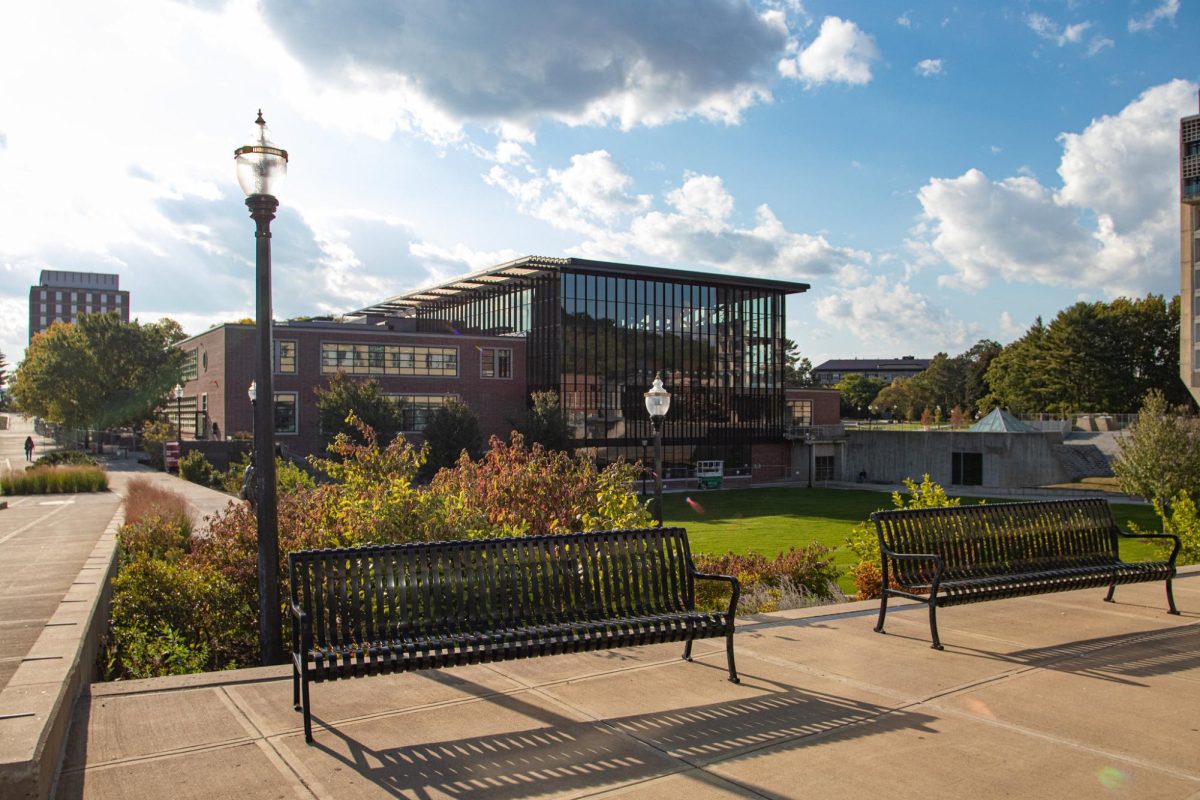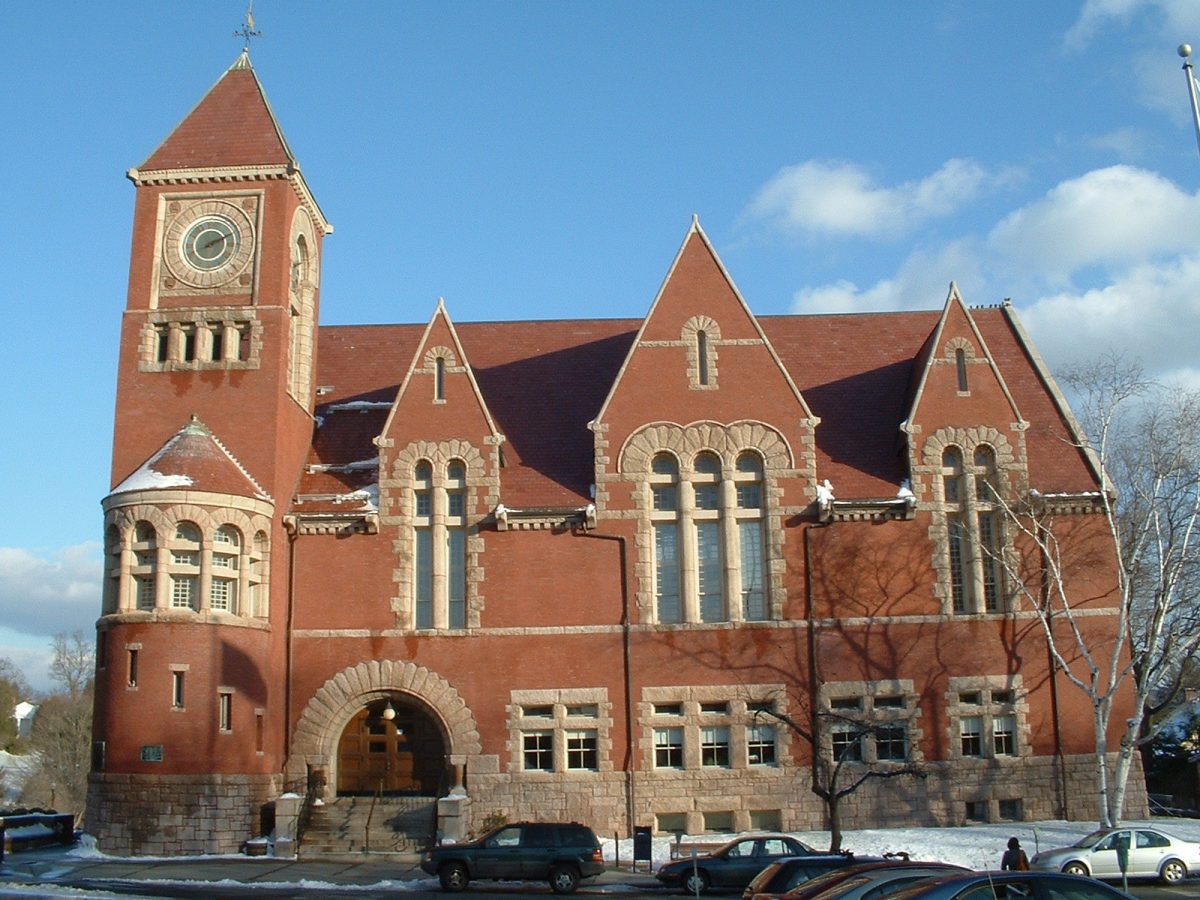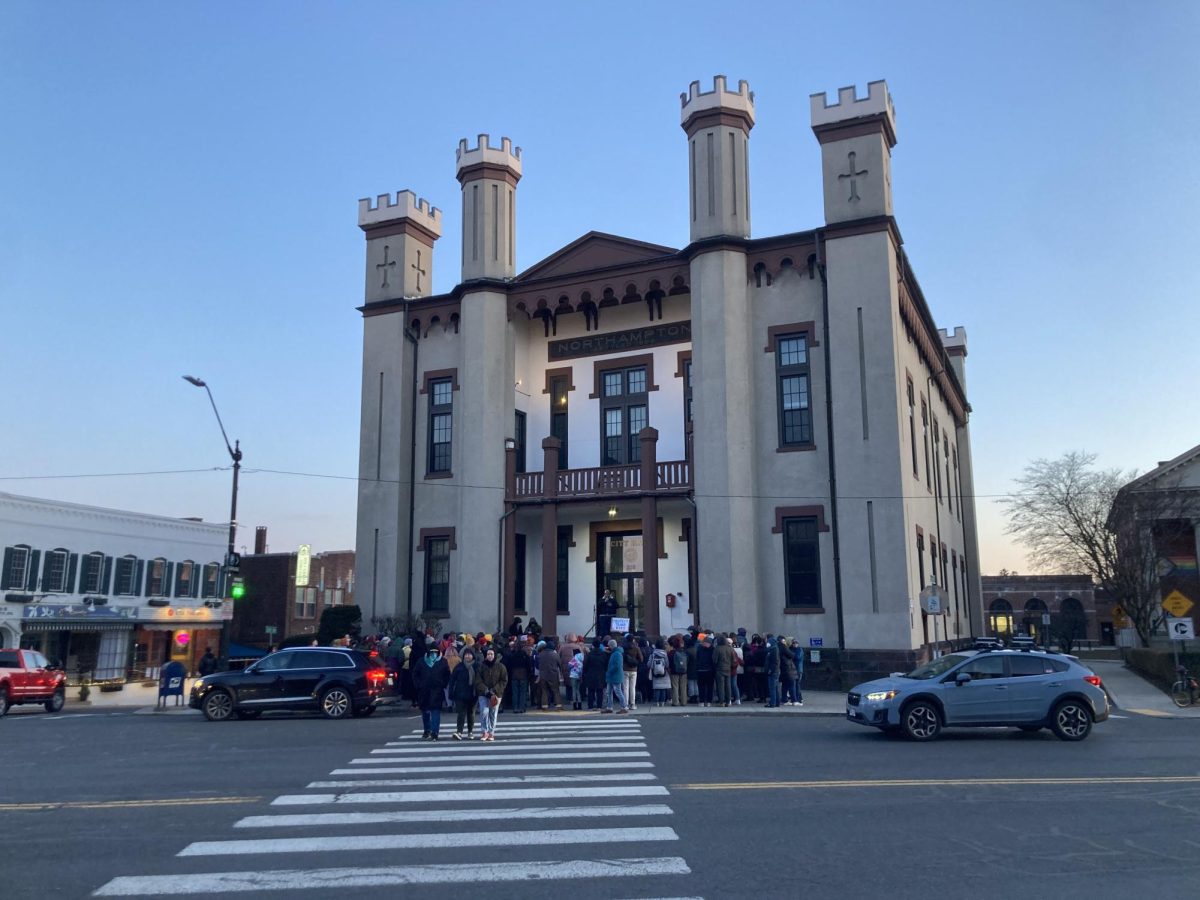
Massachusetts alone, nearly one million residents owe close to $24 billion in outstanding student loan debt, and that number is poised to rise, according to new data from Generation Progress.
According the Congressional Budget Office, the national student loan debt has reached nearly $1.2 trillion, a figure that has caused economists to warn of the potential negative economic consequences caused by such a financial burden placed upon college graduates.
The CBO predicts that the Department of Education will receive $127 million in profit from student loans over the next 10 years as more college students are forced to borrow from the government in response to the rising cost of education. The national average amount of debt owed by individuals with student loans stands at $29,400, according to the Project on Student Debt.
Massachusetts is ranked 12th in the nation for average debt owed by college graduates who took out loans, according to a report published by the Massachusetts Subcommittee on Student Debt and Loans.
The same report states, “The overall cost for a student to attain a higher education in Massachusetts has grown over the past decade. … This increase is likely happening because there has been a shift in the cost of attendance from the state to the students. Over the past 10 years, UMass students have seen a 110 percent increase in fees.”
While Congress is projected to profit from student loans, federal funding for higher public education has been on the decline. This trend reveals a poor placement of priorities, according to Anastasia Wilson, a Ph.D. candidate in economics at the University of Massachusetts.
“Based on the federal government’s approach to public education, short-sighted greed and profiting on the backs of students is somehow more important than investing in the future of the economy,” Wilson said.
Wilson works with the Public Higher Education Network of Massachusetts (PHENOM), a grassroots organization that began as a coalition of UMass students and faculty in 2007 to promote principals for better public higher education through lobbying and civic action.
PHENOM held a rally Friday in front of Sen. Elizabeth Warren’s office in Boston to thank her for proposing the Bank on Students Emergency Loan Refinancing Act this past June.
Had the bill passed, nearly 581,000 students would have been eligible to refinance government and private loans issued before 2010 to a fixed interest rate of 3.86 percent, according to PHENOM’s website. It is estimated that the bill would have saved Massachusetts residents with loans nearly $1 billion in the first year alone.
While the bill failed to receive enough votes to be presented to the Senate floor for debate, Wilson and PHENOM associate Ferd Wulkan are optimistic about the attention received to an issue that affects millions of Americans and their families.
“Sen. Warren’s proposal is evidence that the efforts of PHENOM and similar organizations which represent the opinions of all those affected by the debt crisis have not fallen on deaf ears,” Wilson said during a joint interview with Wulkan. “Student debt is a unifying issue amongst campuses across the nation.”
While the amount of student loan debt has been on a steady incline, wages for graduates that borrowed almost 70 percent more than their counterparts ten years ago have been relatively stagnant, according to the Federal Reserve Bank of New York. The unprecedented amount of debt and the absence of wage raise to accommodate could negatively affect the economy on a state and national level by limiting the debt capacity of new graduates.
“Recent studies have shown that for every $1 of student debt, $4 of positive spending are drained from the economy,” Wilson said. “Student debt drains personal savings and deters any additional accumulation of debt to be put toward mortgages, car purchases or loans to start up small businesses. It has a negative domino effect on the economy.”
In an editorial piece for the New York Times, Joseph Stiglitz, a former chief economist for the World Bank, stated, “Student debt is also a drag on the slow recovery that began in 2009. By dampening consumption, it impacts economic growth.”
Along with hindering overall economic growth and limiting the future financial decisions of college graduates, the cost of education and the rise of student debt places an added burden on families of borrowers. Daniel O’Connell, a sophomore business major from Boston, like millions of others, has experienced this burden firsthand.
“Personally, I guess my family’s little better off than others, but it’s still a struggle,” he said. “I worked construction the past two summers almost 50 hours a week to save money for school. And that’s just to cover the basics like books, a meal plan. It’s hard to really grasp taking out so much money against your name at the time, it’s like this abstract thing that’s looming in the future.”
O’Connell comes from a middle-class family of Boston’s Brighton neighborhood. His father is a paramedic for the city and has tried to save as much money as possible to prevent O’Connell from having to take out private loans in addition to federal loans.
But with one brother attending Boston College and a younger brother set to enroll in college next year, O’Connell has been forced to borrow from private loan companies. His mother has also returned to work to help prepare for having three sons enrolled in school at the same time.
“When you think of it, it’s kind of crazy how much the cost of an education is, especially when families are expected to assume much of the financial responsibility. I’ll probably have around $30,000 in debt by the time I graduate, and that doesn’t even account for grad school,” O’Connell said.
Attending college is still a smart financial investment. Those with a bachelor’s degree earn an average of more than $1 million more than high school graduates over the course of their lifetime, according to the American Student Assistance organization.
But with an increasing level of competition in the American job market and an economy still recovering from the 2008 financial crisis, the prospect of signing such a large financial commitment is all the more harrowing for many.
“But you need a degree now if you want to get a job, so what other choice do I have, you know? I don’t know. I try not to think about it too often, because there really aren’t many alternatives if you want to be successful,” O’Connell said.
Brendan Deady can be reached [email protected].


















